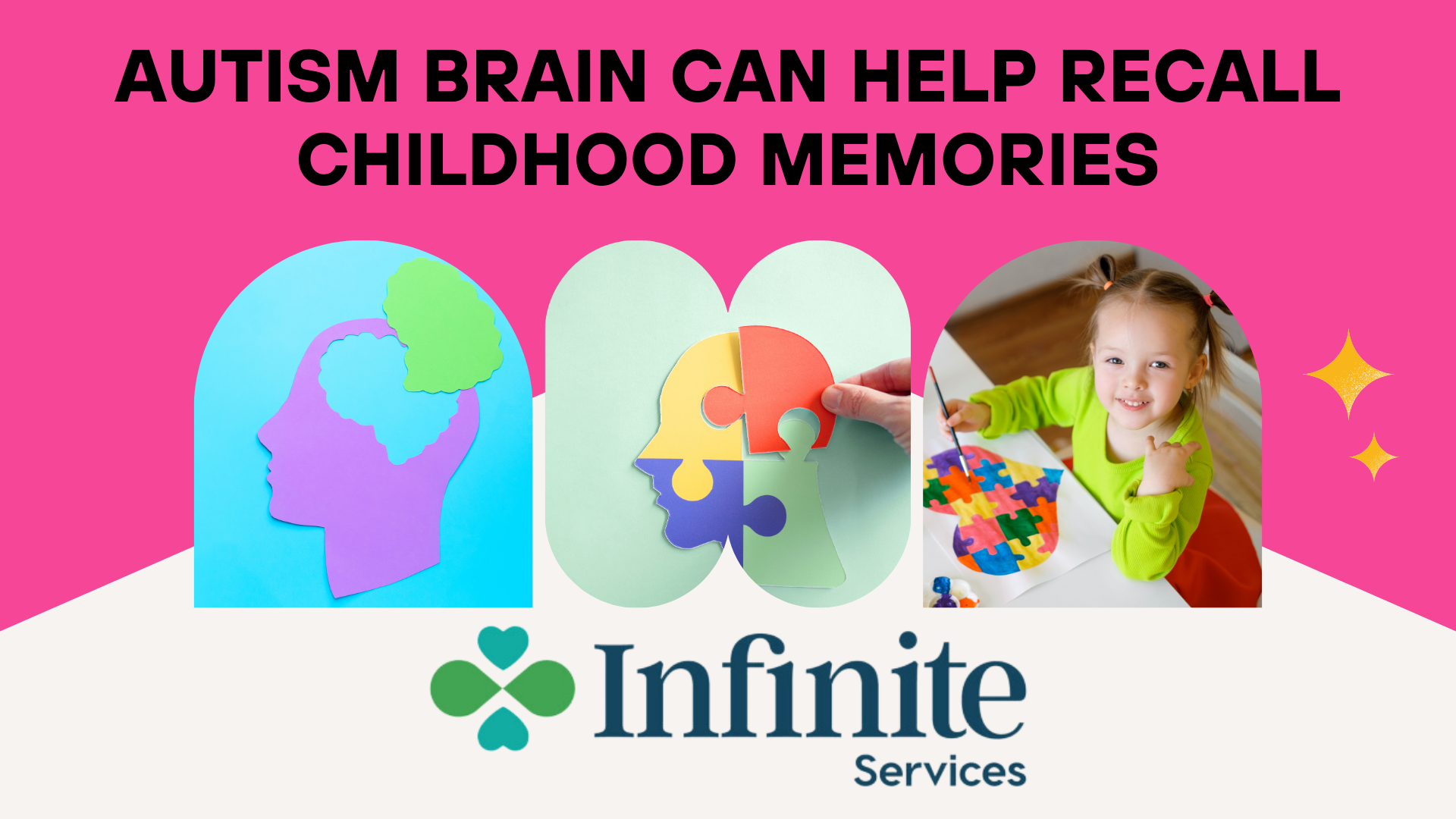
Autism Brain Can Help Recall Childhood Memories
Neuroscientists have discovered a fascinating connection between the retention of early life memories and brain developmental trajectories associated with autism.
Exciting new research tells us that forgetting baby memories, also known as 'infantile amnesia,' can be fixed and even stopped from happening! Scientists found a way to make those lost baby memories come back, and they also discovered tricks to prevent them from fading away in the first place.
Scientists found a link between keeping early memories and how the brain grows in autism. We usually don't remember much before age two. It means we tend to lose memories from our early years, like special moments or stories about ourselves.
The research team delved into how forms of autism influence infantile amnesia.
The maternal immune response, activated in response to infection during pregnancy and linked to autism in humans and mice, is a known contributor.
For the first time, neuroscientists revealed that this altered brain state prevents the typical loss of memories formed during infancy.
Using a mouse model, the team discovered that inducing inflammation during pregnancy, without infection, as part of maternal immune activation, safeguards against developmental memory loss by affecting specialized memory cells (engrams) in the brain.
Moreover, the study demonstrated that memories forgotten from infancy can be permanently reinstated in adults by activating the correct memory engrams. Using an "optogenetics" approach, which uses light to trigger specific neural pathways linked to memory engrams, the findings suggest infantile amnesia results from a retrieval deficiency. Early childhood memories remain stored in the adult brain but can't be naturally recalled.
"Infantile amnesia is possibly the most ubiquitous yet underappreciated form of memory loss in humans. Despite its widespread relevance, little is known about the biological conditions underpinning this amnesia and its effect on the engram cells that encode each memory. As a society, we assume infant forgetting is an unavoidable fact of life, so we pay little attention to it."
"We're exploring how our brains grow early on, impacting what we remember or forget in babyhood. We want to understand how this development affects storing and recalling early memories, which is important for both education and medicine.
This research is a significant step in understanding memory development. It links holding onto early memories with how moms' immune responses are connected to Autism Spectrum Disorder (ASD). It also shows that our brains can adapt to challenges in the environment during early development.
Read More on https://www.sciencedaily.com/releases/2023/11/231108164117.htm